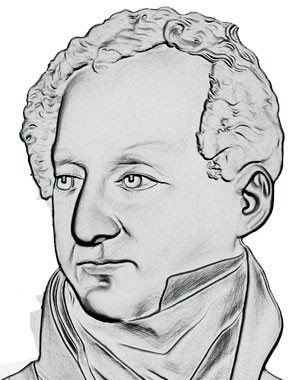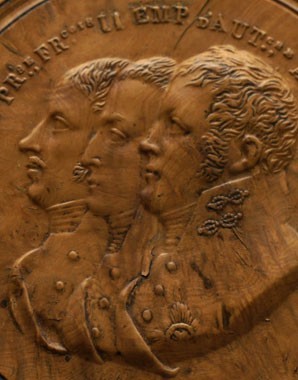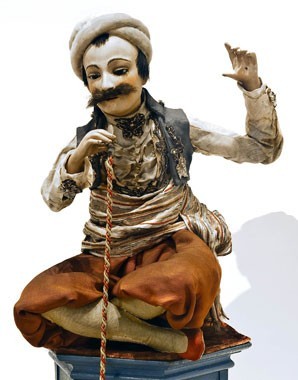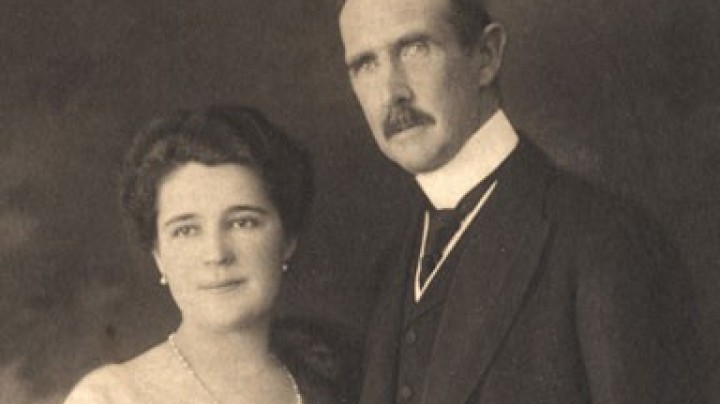Habsburgs à la turca. A political issue (Part 1)
During the nineteenth century the cultural exchange between the Ottoman Empire and the Habsburg Monarchy was promoted through diplomatic and cultural relations. Was this purely motivated by political calculation?
Having beaten back the Turks in the Turkish sieges of Vienna (1529 and 1683) by the end of the seventeenth century, Austria began to establish friendly relations with the Ottomans towards the end of the eighteenth century. Metternich had pinned particular hopes on gaining an economic foothold in the Ottoman Empire after Mahmut II had determined on increasing military strength in his reform of the army and thus needed greater supplies of weapons. However, Metternich’s schemes to supply the Ottoman army with Austrian weapons never came to fruition.
The manifest interest shown by each country in the other’s culture was to be reinforced by diplomacy and the establishment of cultural institutions and academic research. The orientalist Joseph von Hammer-Purgstall lived for several years in Istanbul (1825 to 1835) and subsequently published a twelve-volume work (Geschichte des Osmanischen Reiches) on the history of the Ottoman Empire. He was honoured for his services to Oriental Studies not only by the Imperial Court at Vienna, where he was already active as Court Interpreter for oriental languages, but also by Sultan Abdül Mecid, who conferred an order on him. The first relations with the Ottoman Empire during the nineteenth century were medical in nature: hospitals and the first medical university on the model of the Josephinum in Vienna were founded in Istanbul. The first natural history museum in Istanbul included many objects from Vienna among its exhibits. The Ottoman Empire also requested and received military support from Austria, for example in the Greek rebellion of the 1820s, in the Crimean War (1853–1856) and the Russian invasion of 1877/1878. However, the two states never concluded a formal alliance.
Nonetheless, the peace project between the Habsburg Monarchy and the Ottoman Empire was based on political calculation: at the Congress of Vienna in 1814/15 in concert with the other leading European powers, Metternich drew up a new political order that was intended to reconcile former enemies and achieve a balance of power in Europe. There were however often discrepancies between the official good relations with the Ottoman Empire and the actual situation, both in social intercourse as well as on the military border, as demonstrated by the Austrian annexation of Bosnia and Herzegovina in 1908.



















